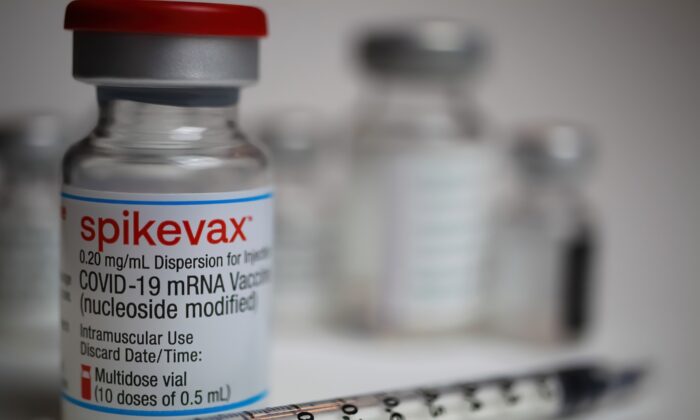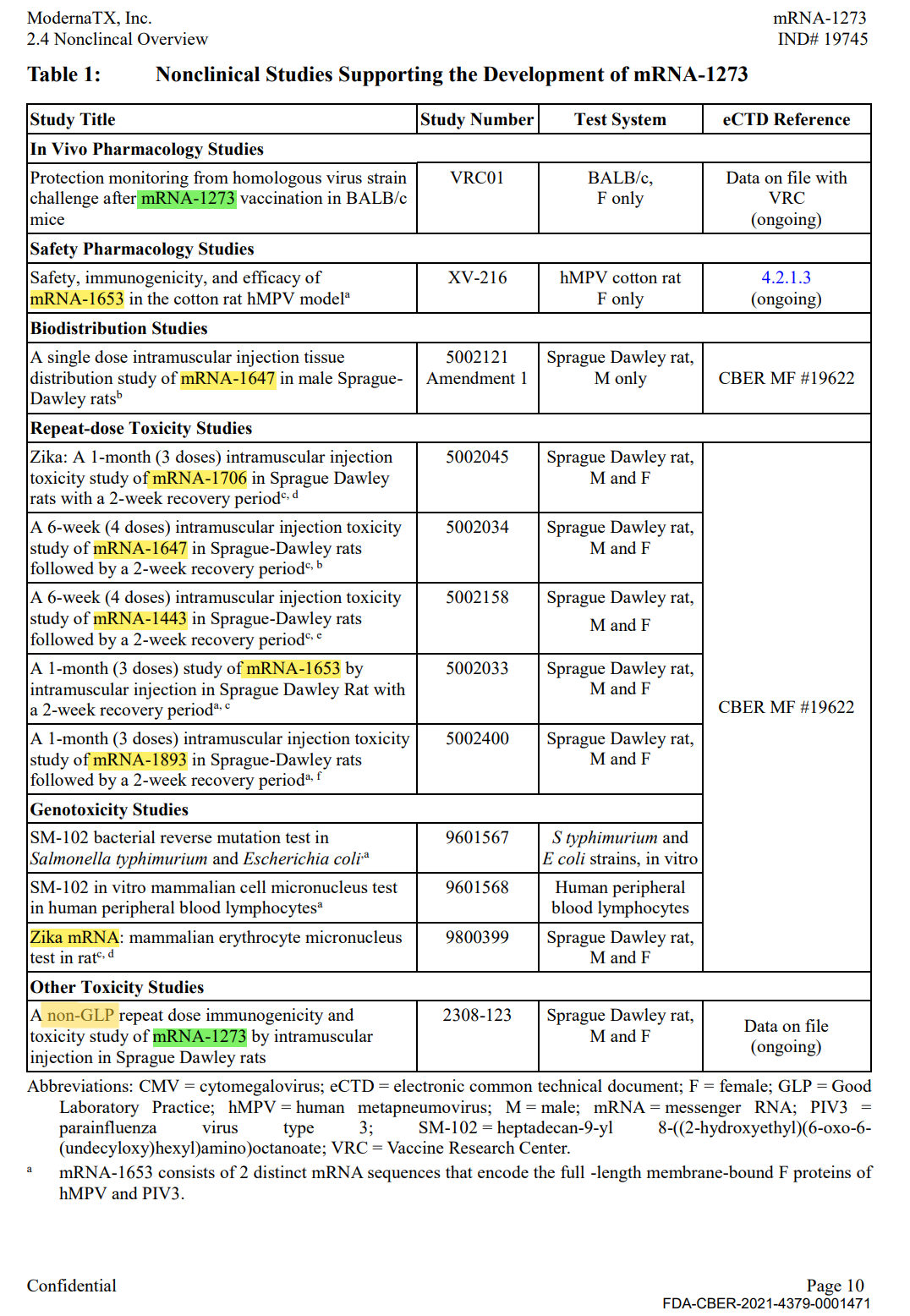| Today we celebrate St. Augustine, a bishop and doctor of the Church, and a man whose spiritual journey is one of the most famous and inspiring. For there was a time where St. Augustine’s soul seemed lost beyond saving, but in the end the love of Christ and the heart of his mother won the day. St. Augustine was born in Tagaste, part of the Roman Empire, in the year 354 AD. He was born to a pagan father who was baptized only at the end of his life, and a Catholic mother, St. Monica. From the very beginning of his life his heart was torn in two directions, the worldly path set out by his father, and a life of virtue and devotion set out by his mother. For a time the worldly side of his heart led him to sin. When he went to study in Carthage his great academic success became a point of pride and temptation. He was surrounded by sinful influences and he struggled greatly with temperance and chastity. Even his intellect fell away from the Lord and for nine years he studied and defended Manichaeism. But all was not lost. |
 |
| St. Monica never ceased to love and pray for her son and husband. She did everything she could to guide them to the Lord. Eventually, empowered by the grace of God which came from her prayers, and with the influence of St. Ambrose, St. Augustine had a moment of clarity and conviction. After his famous repentance in the garden at Milan, St. Augustine became a zealous disciple of Christ and one of the greatest bishops and theologians the Church has ever had! The life of St. Augustine and St. Monica offers us great hope and consolation. We too live in a world where the hearts of so many, including our own loved ones, are torn between the world and the kingdom of God. But we have a mother whose heart is even more loving than St. Monica’s; we have the very heart of Mary Immaculate to take refuge in! Let us then follow the example of St. Monica and the guidance of Our Lady and pray the Rosary for the world, for our families, and for ourselves. So that by the grace of God we may be like St. Augustine and let go of the sin that remains in our heart and instead find our true rest in the Lord. St. Augustine, pray for us! |
Conventional Wisdom is an Oxymoron
By Clarice Feldman August 28, 2022
Things that have become conventional wisdom are so often proven dead wrong that we are wise to put “no” in front of anything that is bruited endlessly by the media and advanced by Democratic leaders.
There are so many things in which we naysayers have been right and the conventional wisdom proven wrong that it’s impossible for me to keep tabs. Don Surber does a great job.
Here are a handful from his latest blog: Shutting down the country was a major mistake which people like New York Governor Kathy Hochul are being forced to admit.
President Trump did not push too fast for the COVID vaccine. Big Pharma and the opposition deliberately slowed it down to boost Biden’s election chances by depriving Trump of a triumph even at the cost of many lives of the vulnerable.
It is likely the COVID virus was not a natural development from Wuhan wet markets.
The shutdowns hurt the world more than COVID did:
The New York Post reported, “Now that the 2020 figures have been properly tallied, there is still no convincing evidence that strict lockdowns reduced the death toll from COVID-19. But one effect is clear: more deaths from other causes, especially among the young and middle-aged, minorities and the less affluent.
“The best gauge of the pandemic’s impact is what statisticians call excess mortality, which compares the overall number of deaths with the total in previous years. That measure rose among older Americans because of COVID-19, but it rose at an even sharper rate among people aged 15 to 54, and most of those excess deaths weren’t attributed to the virus.
On climate and environmental issues the lies which have masqueraded as truth are just as ubiquitous as the political lies have been. Global warming is not killing off the polar bears.
The global number of polar bears stands between 22,000 and 31,000, or a midpoint of 26,500. The simple fact is that polar bears are not going extinct. They are not becoming fewer and fewer. Since society started counting them in the 1960s, polar bears have never been more abundant.
Nor is climate change killing off the Great Barrier Reef:
Organic farming is not “sustainable,” to use the shibboleth of this age. Practiced on a large scale, it leads to mass starvation and national bankruptcy.
Faced with a deepening economic and humanitarian crisis, Sri Lanka called off an ill-conceived national experiment in organic agriculture this winter. Sri Lankan President Gotabaya Rajapaksa promised in his 2019 election campaign to transition the country’s farmers to organic agriculture over a period of 10 years. Last April, Rajapaksa’s government made good on that promise, imposing a nationwide ban on the importation and use of synthetic fertilizers and pesticides and ordering the country’s 2 million farmers to go organic.
Sri Lanka is now starving. Long self-sufficient in rice production, it has been forced to import it. Its major export crop, tea, has been devastated and with it the country’s source of foreign exchange.
Overpopulation is not the world’s biggest problem. Depopulation is.
This week’s fairy tale, now that the raid on Mar-a-Lago seems to have fizzled — except as further evidence of DoJ and FBI overreach and incompetence — is that the president has legal authority to forgive a substantial amount of school loans. In fact, long before the courts rule on this — and I believe they will find it an unconstitutional expenditure never authorized by Congress — the ill-considered plan will die aborning. No administration calculation of the cost was made. While the figure of $500 million has been bandied about, a trillion dollars is more like it. And almost all of it this fiscal year.
President Biden’s new student loan forgiveness plan includes three major components. We estimate that debt cancellation alone will cost up to $519 billion, with about 75% of the benefit accruing to households making $88,000 or less. Loan forbearance will cost another $16 billion. The new income-driven repayment (IDR) program would cost another $70 billion, increasing the total plan cost to $605 billion under strict “static” assumptions. However, depending on future IDR program details to be released and potential behavioral (i.e., “non-static”) changes, total plan costs could exceed $1 trillion.
The editors of both the lefty Washington Post and Newsweek have opposed it and several vulnerable Democratic congressmen are walking away from it.
Worse, the administration of this is in the hands of the Department of Education, which lacks the underlying income information from applicants, the manpower, or expertise to handle it.
I predict that well before the courts put the kibosh on it, the loan forgiveness plan will end up in frustration for applicants. That will add them to the sea of taxpayers who paid off their loans and those of their children or who never went to college and made their own way in the world and who oppose this desperate, crass Biden Hail Mary play.
Apologizing at Work: When Is It Necessary?
Devon Delfino August 12, 2022 
There are lots of times when it makes sense to apologize. But in a professional setting, things can get a little bit complicated. Because of workplace norms, expectations, and social conditioning, sometimes it’s unclear when an apology is necessary and when you should let a mistake go. And when it comes to work, apologies can be nerve-racking and awkward.
To help you navigate this vital question, here’s what you should know about apologizing at work, including when to apologize, common situations when apologizing doesn’t make sense, and what to say instead of an apology.
When to apologize at work
At a basic level, it seems simple: You apologize if you make a mistake. But the scale of the mistake matters, too. After all, no one wants to be the person who’s constantly apologizing for small mistakes, like making a typo in a presentation or being two minutes late to a meeting. It’s unnecessary, and it can even be disruptive. Conversely, you don’t want to be the person who refuses to apologize for anything.
Here’s a quick framework to help you figure out when to apologize and when to do something else instead:
1 Did you make a mistake? If the error in question was out of your control, something other than a mistake, or caused by someone else, then you don’t need to apologize. If you did make a mistake, then an apology may be warranted—but not always. (Move on to question two.)
2 Did the mistake impact someone else? If, for example, you caught and fixed the mistake before it could impact others, you don’t need to apologize. However, if it did have an impact (like it made someone else’s job more difficult or hurt someone’s feelings), then you should apologize.
Tips to avoid over-apologizing at work
Apologizing by default, even when you didn’t do anything wrong, may feel like the safe choice. After all, maybe your apology will smooth everything over. But over-apologizing can reflect poorly on you, making others perceive you as lacking confidence or as being uncomfortable or insecure. The framework above can help you determine when it’s generally necessary to apologize and reflect on whether or not something is your fault. But another aspect you should consider here is context.
For example, if you recently had a family emergency, you likely don’t need to apologize for suddenly taking the day off or having a delayed email response. Those are totally reasonable things that happen in those circumstances, and reasonable people wouldn’t hold you to strict workplace etiquette during those times. And if your gut reaction to apologize stems from some insecurity or fear of a negative reaction from someone else, recognizing it and stopping that reaction can help you combat it. That way, you’ll be less likely to fall into the trap of over-apologizing going forward.
On the other hand, you may not immediately realize that you’ve made a mistake, or you may have done something that negatively impacts someone else without intending to. While intention matters, it’s always important to recognize the consequences of your actions. For example, if someone offhandedly says something offensive, they may not realize it’s offensive in the moment. But the person who is offended is still harmed in that interaction. It’s important to acknowledge such a mistake and own it with an apology.
In the event that it seems like an apology isn’t needed, however, there are other ways to acknowledge what’s going on.
Here are a few common instances when you don’t need to apologize. You don’t need to say sorry if you’re:
- Asking for help or clarification
- Sharing your opinion during a meeting
- Delegating work (assuming it’s done appropriately)
- Taking time off from work
- Requesting additional information
- Having tech issues that are impacting your work
What to say instead of “I’m sorry”
Even when you don’t need to apologize, the word sorry may be reflexive: you say it out of habit. But it’s important to say what you actually mean. In fact, overusing the word sorry can ring hollow and, in extreme cases, even foster resentment. It can help to have backup phrasing ready that better communicates your sentiments.
For example, if a project is taking longer than you originally predicted because of a supply-chain issue, you may instead choose to say, “Thank you for your patience.” (The thank-you method also works for accepting feedback on your work.) Or you could go the appreciation route, saying something like: “I appreciate your patience.” Often, demonstrating understanding is enough when expressing your regret for an inconvenience. For instance, when you say something like, “I understand that this delay has impacted you,” you’re showing the other person that you haven’t overlooked their experience.
You may choose to simply acknowledge what has happened. For instance, someone who sent the wrong link in an email but caught it before the email was read could say, “It looks like I sent the wrong link in my earlier email. Here’s the correct one.”
If you’re asking for help with something, it’s important to be gracious about it and recognize that the other person always has the right to say no. For example, you could say something like: “Do you have time for this?” or “I’d love to get your input here.”
Examples of “I’m sorry” alternatives
1 Situation: Looking to check in with a colleague about your joint project.
Don’t say: “Sorry to bother you, but I was hoping to get a quick update about your end of the project?”
Do say: “Is now a good time for a quick check-in about our project?”
2 Situation: Volunteering your opinion in a team meeting.
Don’t say: “Sorry, but I disagree with that approach.”
Do say: “I have a different opinion about that approach. I’m not sure X would work because of Y. If we do Z, we can avoid that issue.”
3 Situation: Asking for more context about a new project at work.
Don’t say: “Sorry, but could you clarify X?”
Do say: “Could you give me more information about X? I want to make sure we’re on the same page about the project.”
4 Situation: You’re taking a vacation, but a client has just requested a deadline while you’ll be OOO.
Don’t say: “Apologies, but I’ll actually be on vacation during those times. Any chance X deadline would work for you?”
Do say: “I love this project idea, but I’ll be OOO [from X to Y dates]. Can we schedule this for an EOM deadline instead? Happy to discuss more options if that doesn’t work for you.”
5 Situation: Receiving negative feedback.
Don’t say: “I’m so sorry X didn’t meet your expectations. Is there anything I can do to remedy this?”
Do say: “Thanks for your feedback. I’ll be sure to look out for X going forward. In the meantime, is there anything I can do to work on this?”
Key takeaway: If you don’t have to apologize, some alternatives include acknowledging the situation, sharing your appreciation or thanks, being gracious in asking for help, and clearing up questions when assigning a task.
Moderna Vaccine Trials Contained ‘Mostly Irrelevant Studies’ and ‘Deceptive Practices’: Veteran Pharma Analyst

A spikevax vial in Viersen, Germany, on Dec. 9, 2021. (Ralf Liebhold/Shutterstock)
By Enrico Trigoso August 27, 2022
Moderna’s internal documents regarding their COVID vaccine trials, obtained via a Freedom of Information Act request by Judicial Watch, show that most of their studies submitted for approval to the FDA were “irrelevant” and did not follow Good Laboratory Practices (GLP), according to a former pharma executive.
The 700 pages contain a portion of the formal Biologics Licensing Application (BLA) package that a manufacturer is required to submit to the FDA for approval.
Four hundred of these pages were on non-Spikevax products.
The documents have not been made public, but were analyzed by former pharma executive Alexandra Latypova and reviewed by The Epoch Times.

‘Ignore the Cargo, Focus on the Vehicle’
Moderna’s nonclinical program consisted of studies of “irrelevant” and unapproved mRNAs, which are completely different chemical entities from Spikevax, Latypova told The Epoch Times.
“Moderna claimed that the active substance mRNAs of SPIKEVAX does not need to be studied for toxicity and can be replaced with any other mRNA without further testing,” she said.
“The FDA did not push back on this preposterous claim. The company is claiming that the active drug substance of a novel medicine does not need to be tested for toxicity.”
“This is analogous to claiming that a truck carrying food and a truck carrying explosives are the same thing. Ignore the cargo, focus on the vehicle. The claim is preposterous—the mRNAs and LNPs [lipid nanoparticles] separately and together are entirely novel chemical entities, each requiring its own Investigational New Drug [IND] application and data dossier filed with the regulators, and studies with one mRNA are no substitute for all others,” Latypova added.
Latypova has worked in more than 60 pharmaceutical companies, mainly focusing on creating and reviewing clinical trials, many of which were submitted to the FDA.
According to her research, Moderna skipped entire categories of safety and toxicology testing.
The FDA approval document released in January acknowledges that the toxicity test done on the correct mRNA (1273) is non-GLP.
GLP is a system for quality control to ensure consistency and reliability, as well as integrity for the tests.
The document further acknowledges that “a biodistribution study was not performed with mRNA-1273 vaccine.”
“[Moderna] used substitute test articles, and used other deceptive study design practices, such as stopping the studies early, while the drug was still accumulating in major organ systems and not studying the expression of the target antigen (spike protein) in the organs where the drug was being delivered,” Latypova said.
Of approximately 29 unique studies, 19 were for irrelevant substances. Of the 10 that were for the “correct” substance (mRNA-1273 or Spikevax), only two were related to safety/toxicology, but were not done according to Good Laboratory Practices, and had other “severe design limitations” such as: not addressing important safety issues, avoiding testing, and small sample sizes, according to Latypova.
Of the 10 studies, there were “9 pharmacology (“mechanism of action”) and only one toxicology (“safety”). All of these were non-GLP studies, i.e., research experiments conducted without validation standards acceptable for regulatory approval. The other 20 studies, including all Pharmacokinetics and almost all Toxicology studies, were done with incorrect test articles (a variety of unapproved experimental mRNAs unrelated to SPIKEVAX or COVID illness),” Latypova said.
“There were 4 in-vitro and 2 in-vivo genotoxicity studies for the SM-102 lipid and PEG2000DMG only. The in-vivo genotoxicity studies included an irrelevant mRNA-1706 and a luciferase mRNA.”
“Pharmacokinetics (Biodistribution) were not studied with the SPIKEVAX mRNA-1273. Instead, Moderna included a set of studies with another, unrelated mRNA-1647, a construct of 6 different mRNAs which was in development for cytomegalovirus in 2017 in a non-GLP compliant study,” she said. “Cytomegalovirus is unrelated to COVID or SARS-CoV-2 virus.”
Latypova further noted that there was “no Safety Pharmacology, Metabolism, Carcinogenicity, Genotoxicity or Drug Interaction studies were done for Spikevax as a complete final product (as dispensed to millions of patients today).”
The FDA and Moderna did not respond to a request for comment.
Will God’s people be victorious?
As chapter 11 of Revelation draws to a close, the voices in heaven begin to rumor the good and long-awaited news concerning the Kingdom of God cautiously but joyfully – the ultimate outcome of the cosmic holy war is now clear: The evil is defeated, the guilty punished in mercy, the righteous vindicated and exulted.
Just as was the case with the ending of Daniel’s vision (“…the saints of the Highest One will receive the kingdom and take possession of the kingdom forever, for all ages to come” (Dan.7:18) in Revelation too the verdict is clear and uncontested: “The kingdom of the world has become the kingdom of our Lord and of His Christ; and He will reign forever and ever.” (Rev. 11:15)
